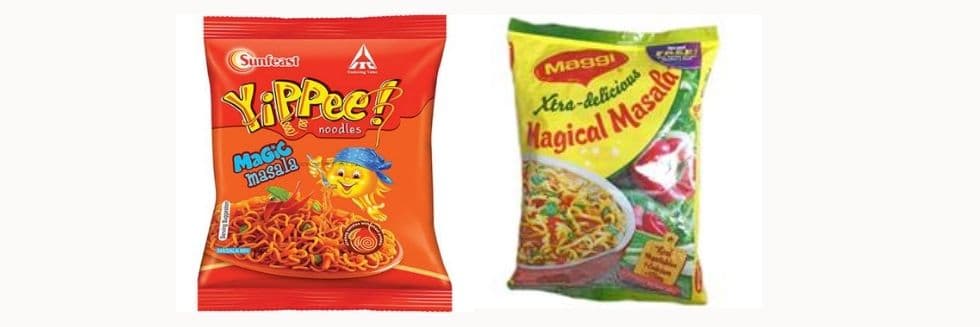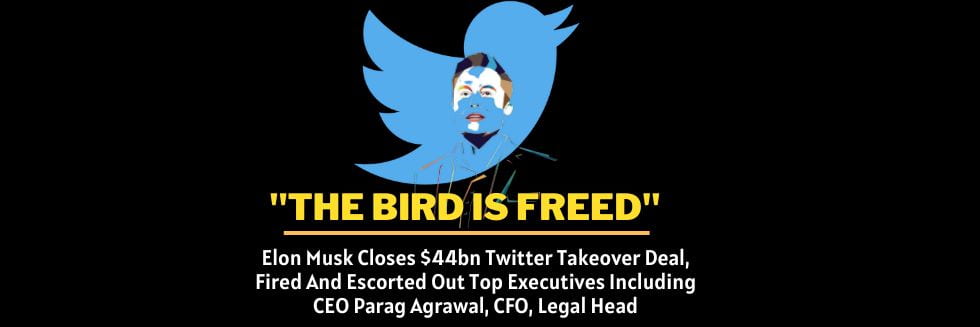The Supreme Court on Monday dismissed the Special Leave Petition of the ITC Limited challenging a Madras High Court order. The division bench of Madras High Court had refused to interfere with the order passed by a single judge who had inter alia, refused to restrain Nestle India Ltd from using the expressions ‘Magic Masala’ or Magical Masala’ for its instant noodles.
Before the single judge of Madras High Court, ITC had sought an injunction against Nestle from using deceptively similar expressions to market its product, claiming it amounted to passing off.
ITC introduced the Magic Masala flavor in 2010 and Nestle started using the phrase ‘Maggi Xtra Delicious Magical Masala’ in 2013.
IT argued that ‘Magic Masala’ being integral to its composite trademark i.e. ‘Sunfeast Yippee! Noodles Magic Masala’, the customers associate their product with the phrase ‘Magic Masala’. It was further contended that a phonetically similar phrase used by Nestle was used with dishonest intention to create confusion in the minds of the consumers.
The single-judge bench of the High Court denied that anyone can have exclusive monopoly over the laudatory expression ‘Magic Masala’. The bench also rejected the contention that two distinct brands can create confusion in the minds of the consumers and dismissed the petition. Then, the decision was upheld by the Division bench of the High Court.
Noting that the words challenged are not the trademark of ITC, the apex court bench comprising Justice MR Shah and Justice BV Nagarathna refused to interfere with the High Court order.
Your trademark was not magic masala. Your trademark was altogether different. Anybody can use Magic masala or magic or masala.
Senior advocate Harish Salve, representing the petitioner submitted that he was on the point of the phonetic confusion that has been created in the minds of the general public.
“My case is very different and on this Evidence was led and the evidence was not considered. Whether two expressions create phonetic confusion and I am on confusion, not even saying deceit. Whether two expressions create confusion or not is a matter of first impression,” Salve said.
He further stated, “How a product is bought and sold, it is a matter of evidence…These products are bought and sold by their name of the ingredients like ..two-minute noodles, wheat noodles or masala noodles. My product is also sold as Magic Masala noodles. Although my trade name…I am Yippee, he is Maggi…How a product is bought and sold and what is the trade practice is a matter of evidence. I have evidence to say..whose evidence can I lead…of shopkeepers. They come and say that people ask for Masala noodles…If it was bought as Maggi v. Yippee there was no confusion…Division Bench says this is not a matter of evidence and discredits two of the three witnesses…It is a little mistake in my respectful submission.”
“Whether they want Maggi or Yippee noodles. Masala and Non Masala are subdivisions. Loyalty to Maggi or Yippee comes first,” opined the top court bench.
The bench further noted, “Those who purchase this Maggi…they are very intelligent…They are not villagers that they would not know…Consumers can discern between the two names…Today’s generation they know better than us, they are more intelligent, they know by colour also…No reason to interfere…SLP stands dismissed.”






